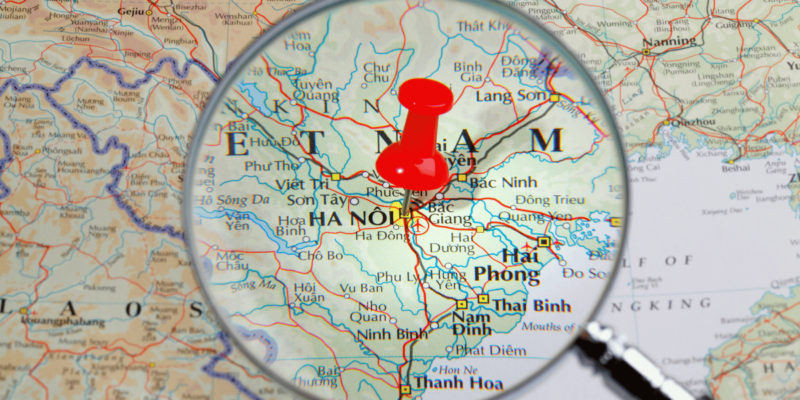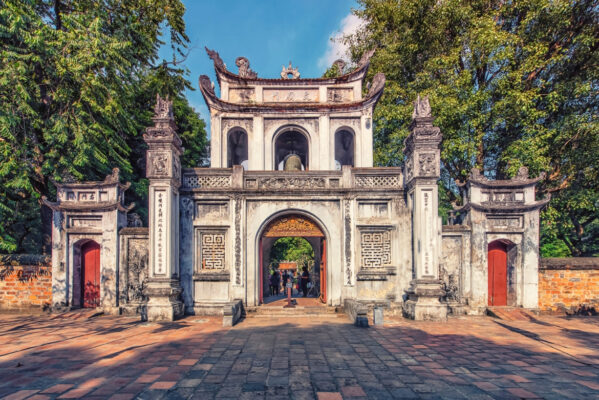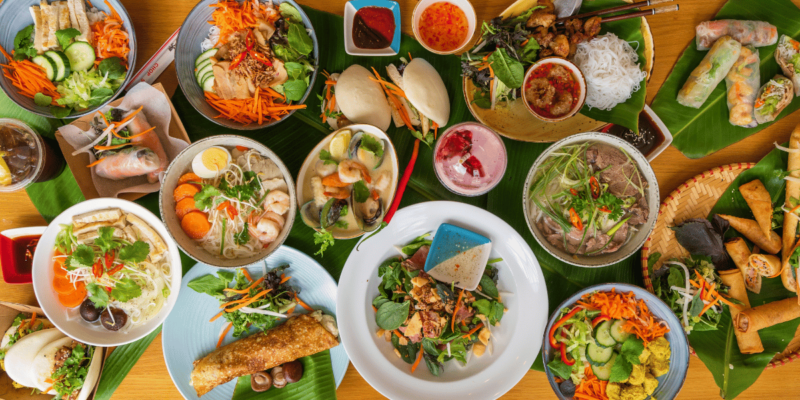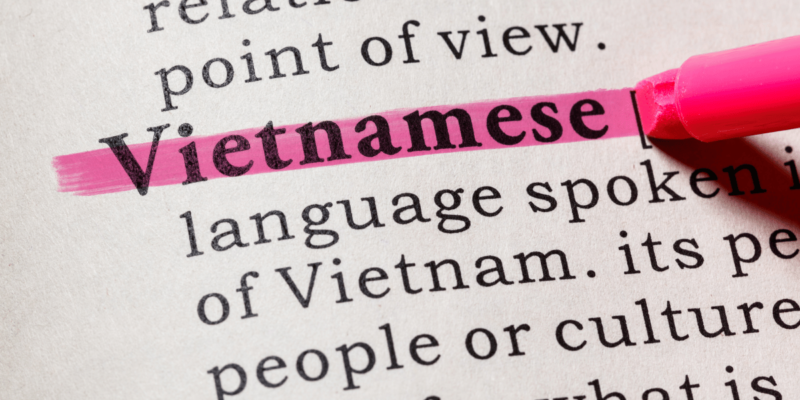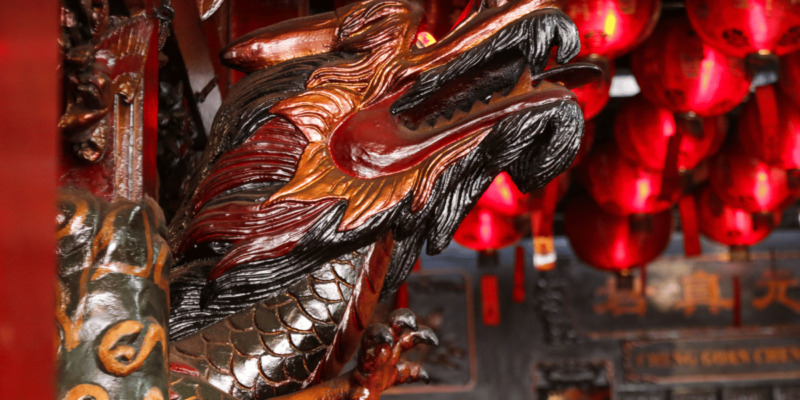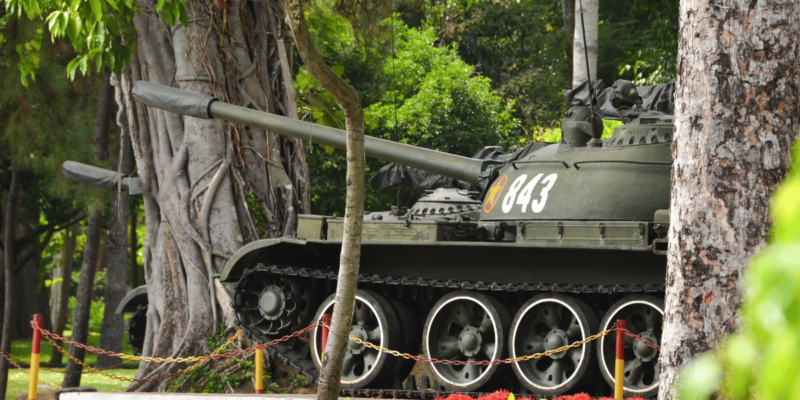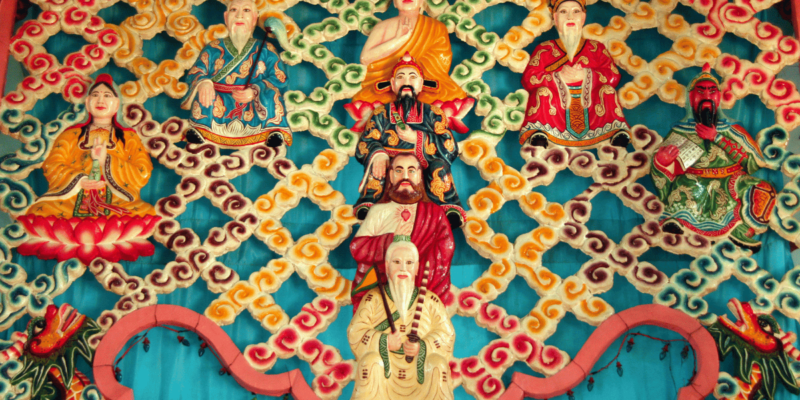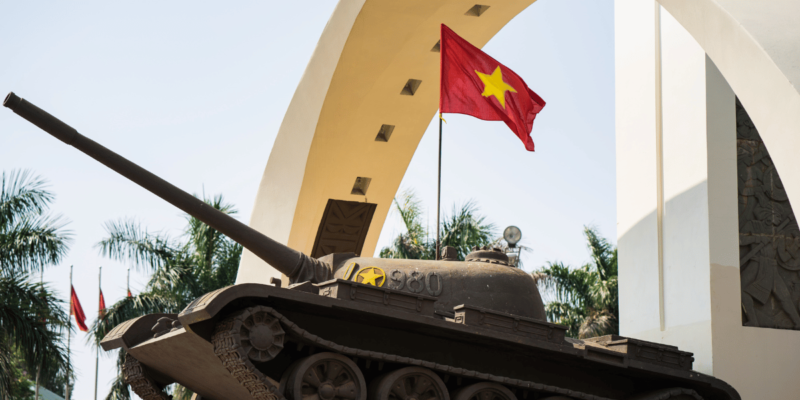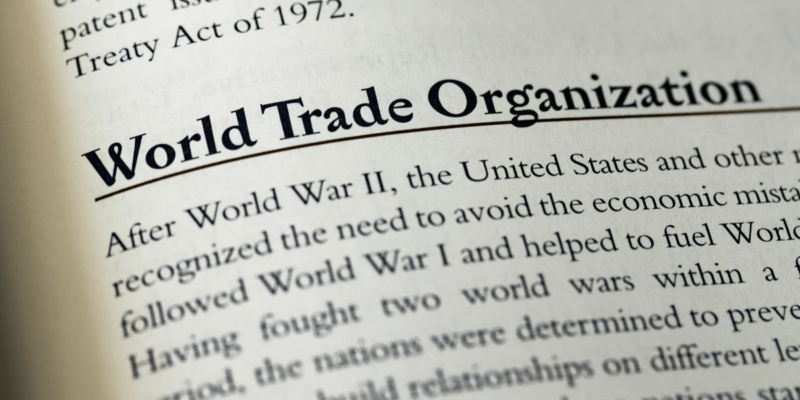Confucianism in Vietnam: Foundations and Influence
Historical Introduction
Confucianism, originating from the teachings of Confucius around 500 BC during China’s period of social upheaval, introduced a system of moral, social, and political guidelines aimed at fostering community harmony and individual morality. Its core philosophy is based on formalized bonds of obedience to family, society, and state, emphasizing loyalty, filial piety, and the importance of education.
Intermingling with Taoism
In Vietnam, under Chinese rule from the first century AD, Confucianism blended with Taoism, which introduced concepts like Yin and Yang, adding layers of mysticism and rituals to the societal structure. This fusion crafted a social system akin to European feudalism but adapted to fit the Vietnamese clan-based societal fabric, deeply influencing the rural communities where these traditions still predominate.
The Role of Confucianism in Governance
Throughout Vietnam’s history, its rulers utilized Confucian principles to fortify their governance. The system promoted a meritocracy overseen by a class of mandarins selected through rigorous examinations rather than by birthright, all under a monarch considered divinely chosen by the “Mandate of Heaven.” This structured hierarchy not only maintained order but also upheld a societal focus on the common good, an ethos that was crucial during Vietnam’s numerous conflicts.
Catalyst for Communist Adoption
Confucianism’s emphasis on communal values and a stratified but non-hereditary bureaucracy somewhat paradoxically facilitated the spread of Communism in Northern Vietnam. The region’s adaptation to Communism was smoother compared to the South, where a significant Catholic population and different social dynamics slowed its acceptance.
Impact During War
The profound influence of Confucianism was particularly evident during the conflicts with France and later the United States. The principles of loyalty and selflessness ingrained by Confucianism were pivotal, enabling widespread and deep-rooted support for Vietnam’s resistance efforts despite the colossal human costs involved. This ideological backbone supported the notion of collective resistance and sacrifice for the greater good, leading to the eventual military successes against far superior forces.
Legacy and Modern Relevance
In contemporary Vietnam, while modernization and globalization pose challenges to traditional value systems, the teachings of Confucianism continue to underpin many aspects of Vietnamese society. It informs educational values, family structures, and social interactions, maintaining a significant, though subtly evolving, role in shaping the national character.
Conclusion
Confucianism, with its rich legacy intertwined with the country’s history, remains a cornerstone of Vietnamese identity. It helps explain the resilience and unity of the Vietnamese people through various epochs of their history, from dynastic cycles and colonial rule to modern-day challenges. As Vietnam navigates its path on the global stage, the enduring principles of Confucianism continue to influence its cultural and social paradigms, providing a unique perspective on governance, community, and personal conduct in the modern era.

